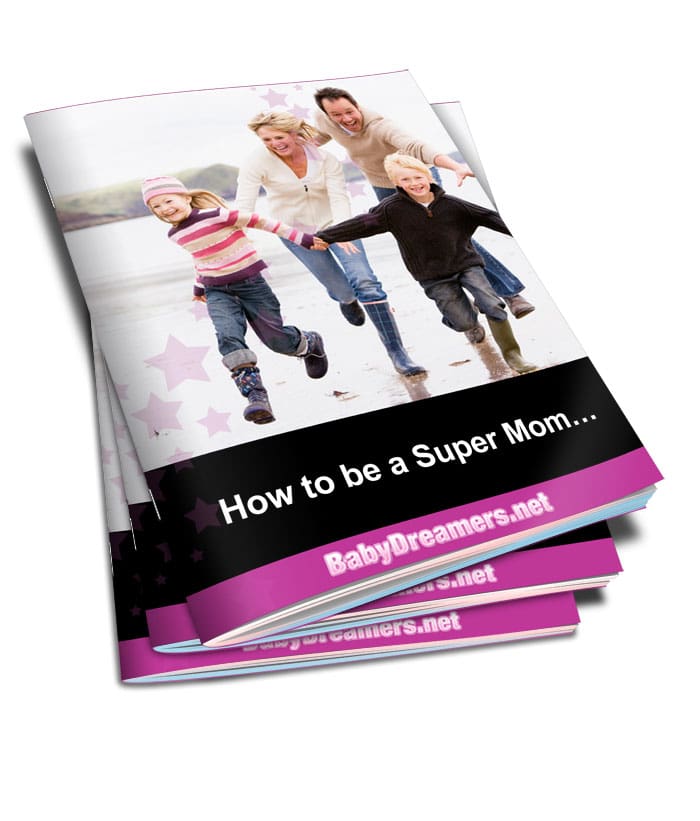Heartburn is unfortunately quite common during pregnancy, but especially so during the second and third trimesters. Hormone levels fluctuate when you’re pregnant, which then in turn causes the Sphincter (LES) at the top of your stomach to weaken and not function as it should, allowing acid to travel back up and affect the tender tissues in your esophagus. Unfortunately, as the baby grows, there is more upward pressure put on your stomach which again increases the likelihood of heartburn. This can be incredibly painful and uncomfortable, so you’ll be wanting relief sooner rather than later. But because you don’t want to harm your baby in any way with whatever remedy you might choose, it’s important to do your research beforehand or speak with a healthcare professional for guidance on what would be best and most effective for you specifically.
When you’re in pain, it’s important to try and ease it in a safe and effective way. Here are some things to keep in mind:
Antacids and Other Medication:
Antacids are usually safe to take when you’re pregnant, but some contain magnesium which could interfere with contractions. You should avoid them during the later months of pregnancy. If an antacid has sodium bicarbonate as an ingredient, it can throw off the acid balance in your system, which can become serious. Antacids can also cause you to retain an unhealthy amount of water. Always check with your doctor if you think you need anything stronger than a simple over-the-counter solution.
Food:
There are two types of foods you should be aware of when it comes to heartburn relief. The first are foods that tend to trigger heartburn symptoms. These include spicy, fatty, or acidic foods. The second are foods that help you get rid of heartburn symptoms. These include dairy products, ginger, and green vegetables.
There are some foods which are more likely to trigger heartburn and should therefore be avoided where possible. These include acidic foods such as tomatoes and tomato sauce, oranges, chocolate, coffee and other caffeine-containing drinks. Soda and red meat are also best avoided. However, you may not realize that there are some foods which can actually help to reduce the symptoms of heartburn. Ripe banana, almonds and papaya have acid-reducing qualities and can ease heartburn pain when eaten before or after a meal.
Eating several small meals throughout the day is better for your stomach than eating a few large ones. And although drinking water is important, try to drink most of your liquids between meals, so you don’t end up with an uncomfortably full stomach.
Lifestyle Choices:
There are a few things you can do to try and prevent heartburn or at least lessen the symptoms when it does flare up. Bending at the waist puts pressure on your LES (lower esophageal sphincter) so instead, try bending at your knees. Also, it’s best not to lie down right after eating – give yourself 2 to 3 hours so your body has time to digest the food properly. Although exercise is still good for you, during this time it’s best to stick with something low impact like walking. Walking can help with digestion and may also elevate your mood, which is an added bonus.
Your diet plays a direct role in both your own health and that of your developing baby. To ensure you’re both as comfortable and healthy as possible, it may be helpful to create a food diary. This will help you identify any patterns in what you eat and how it affects you. That way, you can avoid the foods that cause the most problems. Once you have your baby, the heartburn symptoms might go away. Always keep your doctor informed and remember that there are lots of natural ways to deal with heartburn that are usually safe and effective.











